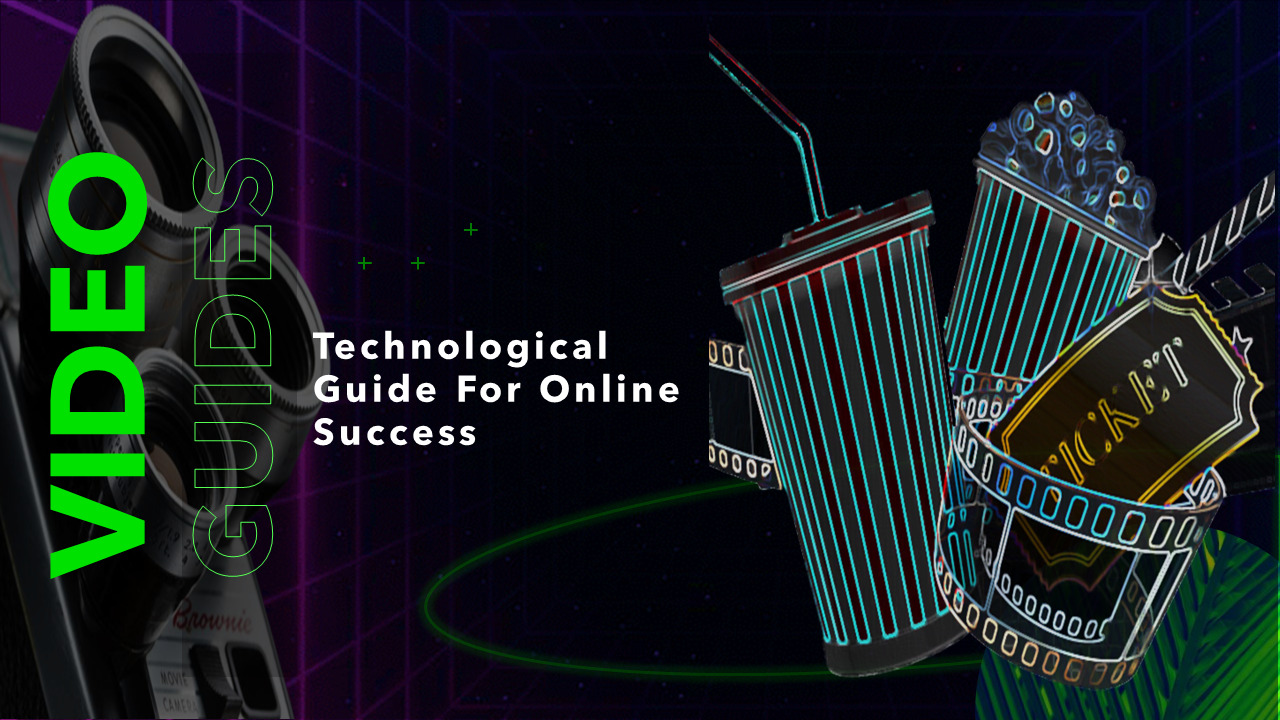Benefits of Using Viewing History for Recommendations
Using viewing history as a basis for recommendation systems in xmltv iptv epg source for Electronic Program Guides (EPGs) offers several advantages.
Firstly, it allows for personalized recommendations tailored to individual preferences. By analyzing a user's viewing history, the system can identify patterns and preferences, and suggest content that aligns with their interests. This enhances the user experience by providing relevant and engaging content.
Secondly, utilizing viewing history enables the recommendation system to adapt and improve over time. As users continue to watch programs and interact with the EPG, the system learns from their choices and adjusts its recommendations accordingly. This iterative process enhances accuracy and ensures that recommendations become more refined and aligned with the user's evolving tastes.
Challenges in Implementing Viewing History-based Recommendations
While there are numerous benefits to using viewing history as a foundation for recommendation systems, there are also challenges to consider. One challenge is privacy concerns. Collecting and analyzing viewing history data raises questions about user privacy and data security. It is crucial to implement robust privacy measures to protect user information while still providing personalized recommendations. Another challenge lies in accurately interpreting viewing behavior. Sometimes users may watch certain programs due to external factors such as recommendations from friends or family members rather than genuine interest. Distinguishing between actual preferences and incidental choices can be complex but essential for accurate recommendations.
Ways to Enhance Viewing History-based Recommendations
To overcome these challenges and further enhance the effectiveness of viewing history-based recommendation systems in EPGs, several strategies can be employed:
- Incorporate contextual information: Apart from considering past viewing behavior, incorporating additional contextual information such as time of day, location, or current trends can help refine recommendations further.
- Allow user feedback: Providing users with the ability to rate or provide feedback on recommended programs can help fine-tune future recommendations. This feedback loop enables the system to better understand user preferences and adapt accordingly.
- Offer diverse recommendations: To avoid creating a filter bubble where users are only exposed to content similar to their past choices, it is crucial to include diversity in recommendations. Introducing serendipity by suggesting programs outside the user's comfort zone can lead to pleasant discoveries and broaden their viewing experience.
Personalized Recommendations
The xmltv source also offers personalized recommendations based on your viewing habits and preferences. The platform utilizes advanced algorithms to analyze your past movie selections and suggests similar titles that you might enjoy. This feature saves you time and effort by eliminating the need to browse through countless movies to find something appealing. Additionally, it introduces you to new movies that you may not have discovered otherwise, expanding your cinematic horizons.
How to start with the best IPTV app for Samsung Smart TV



No comments:
Post a Comment